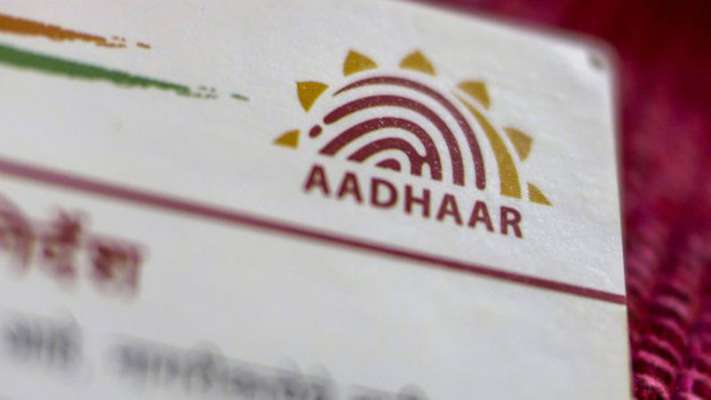Reports suggest Mobile Wallets may soon become nonoperational by March 2019

Mumbai: Section 57 of the Aadhaar Act mentions “Nothing contained in this Act shall prevent the use of Aadhaar number for establishing the identity of an individual for any purpose, whether by the State or any body corporate or person, pursuant to any law, for the time being in force, or any contract to this effect: Provided that the use of Aadhaar number under this section shall be subject to the procedure and obligations under section 8 and Chapter VI.
By virtue of the above lawful enactment, Telecom operators, Banks and such other stakeholders have been able to use Aadhaar number for authentication by using Biometrics. This made the KYC process a smooth ride for both sides, customers as well as the authenticating stakeholders.
Cost of authentication has also been low compared to physical documents verification not to mention the cumbersome paperwork and storage.
However, the Supreme Court struck down Section 57 of the Aadhaar Act in October, thereby nullifying the biometric e-KYC model used by telecom companies and banks for customer verification and onboarding, stakeholders leaving them looking for alternative approaches. Not finding an alternative sooner ahead of February deadline may leave mobile wallet businesses out of track.
“More than 95 per cent of the mobile wallets in the country could stop being operational by March,” a senior executive with a New Delhi-based payments company told The Economic Times. Prepaid payment instruments (PPIs) or mobile wallets were mandated by the banking regulator in October 2017 to capture all information required under the know-your-customer (KYC) guidelines. To comply with this directive, companies such as PhonePe, Amazon Pay and Paytm immediately began asking customers for identification documents. The KYC requirement is also a key cog in the RBI’s push for interoperability.
Considering the scattered and vast number of users on board in short period of time, their complete biometric KYC or physical verification may take substantial time and also involve substantial costs. However, the industry at broad width has been able to only verify a certain fraction while large number of customers still to be attended to. Even Paytm, India’s largest digital financial services provider, is yet to convert 30 per cent of its user base into full KYC ones, reports suggested.
Smaller payments companies may find it cumbersome for complete verification. Besides, given the lack of any approved alternatives to the convenient eKYC route, the looming RBI deadline reportedly cannot be met at the current rate of progress.
While the Unique Identification Authority of India (UIDAI) has been pushing the use of ‘offline Aadhaar’ that relies on QR codes, the buzz is that the RBI is keener on rolling out a digital authentication method. But though alternative KYC mechanisms like using video-based verification or XML-based KYC have been discussed, nothing has yet been formally approved.
“We are waiting till January 8, which is the last day of the winter session of Parliament. Let us see what happens to the Aadhaar Bill,” another payment industry executive told the daily. “We will reach out to RBI and ask for the next course of action.” These companies are hoping that the Parliament will approve pending legislation allowing voluntary use of the Aadhaar number by consumers for online as well as offline verification in order to speed things up.
However, many believe that the only standalone wallets will be directly affected by the current impasse. Industry insiders point out that a large chunk of the wallets that were used for remittance have already moved to the business correspondent channels because of regulatory restrictions. Indeed, most of the PPI licence holders such as MobiKwik, PhonePe and Amazon Pay are either focusing on Unified Payments Interface business or have diverged into other fintech activities.
Looking at the growth of Fintech space with advancements in technology, it seems that a more reliable and easier method for authentication may soon be available along with the Aadhaar Bill working hand in hand.
Courtesy by : Daily Hunt



